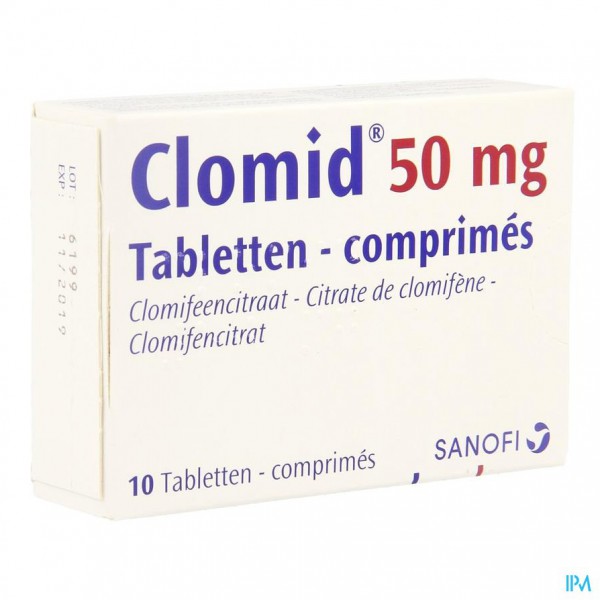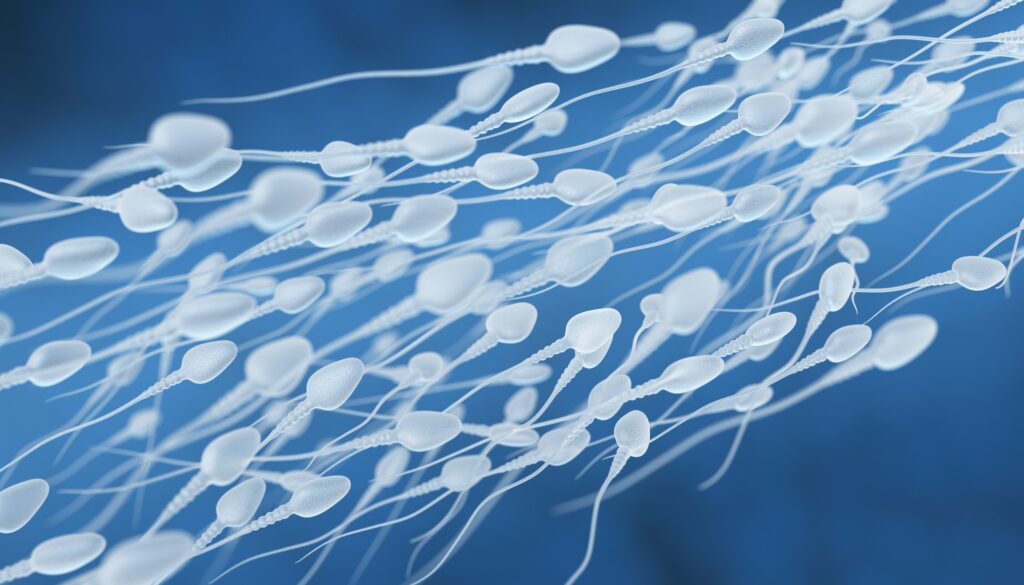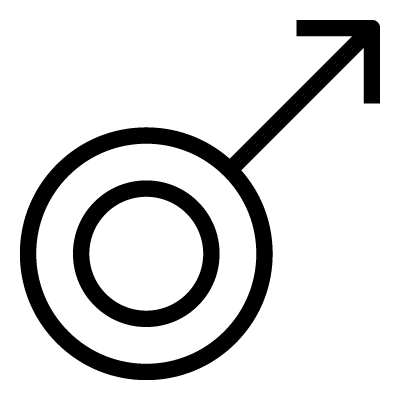Behind the concept of fertility is simply the ability of a person to procreate his or her offspring. While fertility in men has recently been publicly associated mainly with the quality of sperm, in women age plays a big role. After the age of 40, a woman’s fertility begins to decline; after 50, you would have to look for a fresh mum with a microscope today.
For male fertility, on the other hand, age plays less and less of a role, rather factors related to his potency and spermatogenesis come to the fore here. Various means of support are also beginning to play an increasing role.
Whether it is tea, various vitamins, pills or even medicines, both men and women try really everything to bring about their desired offspring. Some problems can be overcome even this way, but some only require medical intervention.
What Is Fertility
Men and women usually only start thinking about the concept of fertility when there is a problem. Men even mistake fertility for potency, but just because a man is able to have a period or an erection does not mean he is fertile. Although the truth is that it is a prerequisite.
- Fertility in men and women is the state of being able to procreate during unprotected intercourse for a period of at least 1 year
- In both women and men, fertility depends primarily on the functionality of the reproductive system and all its parts, in particular the functionality of the penis and fallopian tubes
- The opposite of fertility is infertility, a condition in which a man or woman cannot have offspring
In men, fertility is primarily dependent on the quality of sperm. Behind this term can be imagined both the number of spermatozoa and their motility. Also important is their correct shape, which enables them to achieve the functional characteristics necessary for penetration through the cervix and, consequently, for travelling through the entire female tract to the egg.
Especially in men, fertility is the result of a combination of these processes:
- Achieving a full and long-lasting erection so that the penis can penetrate the vagina during intercourse
- The correct ejaculation process, i.e. there is no premature ejaculation, no retrograde ejaculation and the ejaculate contains male sex cells, i.e. sperm production is not impaired in any way, the sperm are produced in sufficient number and quality and are able to exit the penis through ejaculation

Women’s fertility depends on good hormonal balance, proper function of the genital organs, overall health and psychological and mental factors. As in the case of male sperm, the quality and number of eggs is important for women. That is why a woman’s fertility declines rapidly after the age of 40 and after 50.
These two factors gradually decrease with age.
As far as assumptions about women’s fertility are concerned, here are the most important ones:
- Ovulatory cycles are present in the woman, i.e. the maturation of the eggs is going well and the normal function of the corpus luteum is ensured
- The sperm pathway in the woman is sufficiently permeable, i.e. the easy passage through the cervical mucus and the possibility of passage to the oviduct is ensured
- The functional mechanism of fertilization of the egg and its passage and nutrition through the oviduct is also
ensured - The correct nesting of the egg to a properly prepared uterus
Individual Situations
Although the above is generally true, the possibility of individual variations should never be underestimated. It may well be that a woman will be able to conceive even at the age of over 50 and a male smoker will also be fertile. Statistics only show where the chances are greatest.
Causes and Factors Reducing and Affecting Fertility
Fertility and infertility are related to a number of factors and causes that affect or reduce it. I am not going to dwell on diseases now, I will mention those later, but rather I want to point out that there are other contexts which have a non-negligible influence on whether a man or a woman is able to produce offspring.
These are the most important factors that affect this ability:
- Age: One of the very important and significant factors affecting fertility is age. For men, the age at risk threshold is shifted and usually even a man in his 40s can be fine in terms of fertility. In women, fertility starts to decline around the age of 30; on the contrary, the ideal age from a gynaecological point of view is 24 to 25.
- Lifestyle: Consumption of unhealthy foods, especially semi-processed foods, sweets, foods high in salt and preservatives, all reduce the chances of successful fertilization, especially in men. Smoking and excessive drinking of alcohol are also negative factors. I recommend consuming fertility-boosting foods earlier.
- Hormones: In men, fertility is mainly influenced by the hormone testosterone, which also affects libido, but especially the prostate, spermatogenesis and the overall functioning of the reproductive system. In women, it is important to have stable overall hormone levels, but especially estrogen, which is important for the growth of the fertilized egg.
- Lifestyle: If you are overweight, face stress and exhaustion all day, both fertility and potency go down. It is therefore important for your health and especially for your fertility to have a healthy lifestyle, which will keep you in good physical and mental condition. Be sure to focus on regular exercise, getting enough sleep and exposing yourself to as little stress as possible.
- Taking medication: a number of medications, especially prescription drugs and those containing synthetic active pharmaceuticals, can negatively affect fertility. These include medications related to certain cardiovascular, metabolic and other systemic diseases, as well as pain and anti-inflammatory medications, for example. Typically, women are negatively affected by the use of contraceptives.

Disorders, Problems and Diseases Associated With Fertility
Let’s now look at fertility problems that are caused by disease and pathological factors. Some may be congenital and thus have a genetic basis, while others are influenced by heredity. Others, however, may also arise during life or be related to diseases in another part and system of the body.
Here are the most common diseases and disorders associated with infertility:
- Congenital disorders: congenital disorders and diseases are the most complicated. In women, for example, the absence of substances important for hormonal balance or disorders of genital development are a problem. In men, these are disorders of sperm production or maturation, failure of the testes to descend into the scrotum, or developmental defects involving the penis.
- Functional and structural disorders: the reproductive organs or the whole system may be affected by several disorders of structure or function, resulting in impaired fertility or complete infertility. These include, for example, obstruction of the fallopian tubes due to trauma or inflammation in men, or changes in the structure of the fallopian tubes, the pelvis or the lining of the uterus.
- Problems of immunological nature: In both men and women, some problem related to the immune system can also be an obstacle to fertility. Most often it is a problem with the production of immune cells against sex cells, i.e. against sperm or eggs. Less common is an immune reaction already against the embryos. Here, too, medical treatment is necessary.
- Infections: one of the common causes of fertility problems in women is infections. The most frequently mentioned in this conare chronic inflammation of the uterine mucosa, tuberculosis of the internal genitalia, infections transmitted from animal to man and infections otherwise associated with the genital system. Sexually transmitted infectious diseases may also be a problem in men.
- Influence of other diseases: a frequent problem is the influence of some other diseases, even those that one does not expect too much. For example, I am talking about metabolic diseases, diabetes, thyroid problems, serious hormonal diseases, and in women, for example, avitaminotic, i.e. insufficient vitamin levels.
- Ovarian exhaustion in women: women may have a special problem with ovarian exhaustion. This condition means their impaired functionality, despite the fact that they were functioning fine before and the woman may have been fertile in the past. Ovarian exhaustion can be a consequence of age, but also of external influences, i.e. surgery or radiation.
- Erection problems in men: if a man has problems with the quality of his erection, he may not be able to impregnate a woman in a natural way. The most common reason is poor erection quality, i.e. lack of hardening, the second common reason is the inability to maintain an erection for a long enough period of time. In this case, only professional medical treatment will help.

The Need to See a Doctor
While it is sometimes possible to achieve improvements in factors affecting fertility by simple regimen measures, this is not the case for the above-mentioned disorders and diseases. Therefore, do not avoid visiting a doctor, it is literally a necessity.
How to Improve and Promote Fertility
Fertility support, whether targeted as a result of poor previous outcomes or as a preventive measure, is certainly needed for anyone who wants to have offspring of their own in the future. The sooner you start with individual measures, the better.
*Promoting fertility means focusing as naturally and effectively as possible on eliminating and reducing those factors and causes that most often cause infertility problems
I acknowledge that not all causes are preventable, for example some congenital and genetic factors are already given to humans. However, if you can limit those that are acquired during life and depend, for example, on diet or lifestyle, that is a big plus. In women, it is also important to keep track of fertile and infertile days, the regularity of which can also be influenced.
Based on my own experience, I also recommend the following measures:
- Limit Unhealthy Foods
The main thing is to limit unhealthy foods that cause cardiovascular and metabolic diseases, especially semi-processed foods, fatty, heavy, too salty and too sweet foods, foods containing preservatives, etc.
- Avoid Smoking and Alcohol
Alcohol and smoking should also be limited, which have a very negative effect on the ability of men to stop fertilization and also on spermatogenesis, not to mention the overall impact
- Avoid Cycling
In the case of men, I also recommend avoiding cycling, wearing too tight underwear and using heated seats, which have a negative effect on sperm production
- Avoid Stress
I also recommend avoiding stress and, on the contrary, getting enough sleep, rest and relaxation not only during the night but also during the day, which improves overall vitality
- Use Herbal
And in conclusion, I can't fail to mention one of my tried and tested ways, not only in promoting fertility, but also in promoting potency and overall sex life, and that is the help of nature, and I mean various herbs and plants

How Fertility Pills Work and Why I Recommend Them
Both fertility support and preventive fertility improvement can be achieved not only by regimen measures or changes in diet and lifestyle, but also with the help of supportive products and agents. I am referring to pills with plant extracts and extracts.
These preparations work on a simple principle:
- They contain only 100% natural active ingredients based on extracts of plants and herbs with beneficial effects on fertility and are supplemented with minerals or amino acids.
If I am talking about various plant and herbal extracts, these are extracts from plants such as Tribulus Terrestris, Saw Palmetto, Maca and so on. Many times these preparations also contain minerals that support spermatogenesis in men or better ovulation in women, typically for example the mineral Zinc. The latter comes in handy for better male fertility after 40 and after 50.

From my point of view, these preparations have several advantages, these are the most important ones:
- In terms of composition, thanks to their herbal nature, they are free of typical side effects and side effects, which is positive for long-term use for the same reason
- It is possible to obtain them without a prescription and prescription, you do not have to undergo any examinations and tests in advance, as the preparations can be bought freely, you can also obtain them directly from the manufacturers, several of them have their own eshop for the Slovak market as well.
In addition to these advantages, however, there is also one minor disadvantage to consider, which stems from the composition. Since these pills are plant-based, longer-term use is necessary for more noticeable effects. In practice, this means regular use for at least 2 or 3 months.
And Wider Effects
There are two types of preparations on the market. While one type has a broader composition and thus supports not only fertility, but also potency or libido, the second type is focused by its contents and effects primarily on fertility. I leave the choice up to you, you can also combine them.
Pills I’ve Tried and My Experience With Them
The above-mentioned pills are freely available and they are supportive agents designed to improve fertility. In addition to the better and more effective brands, which I have had the opportunity to try myself, I have unfortunately come across weaker ones on our market. It is therefore not worth looking only at the price or the promises on the packaging, for example.
On the contrary, it is much more important to focus on the evaluation of the products by men and women who have used them in practice. In my experience and that of my partner, I recommend the following brands to both men and women, which have the best ratings over the long term:









